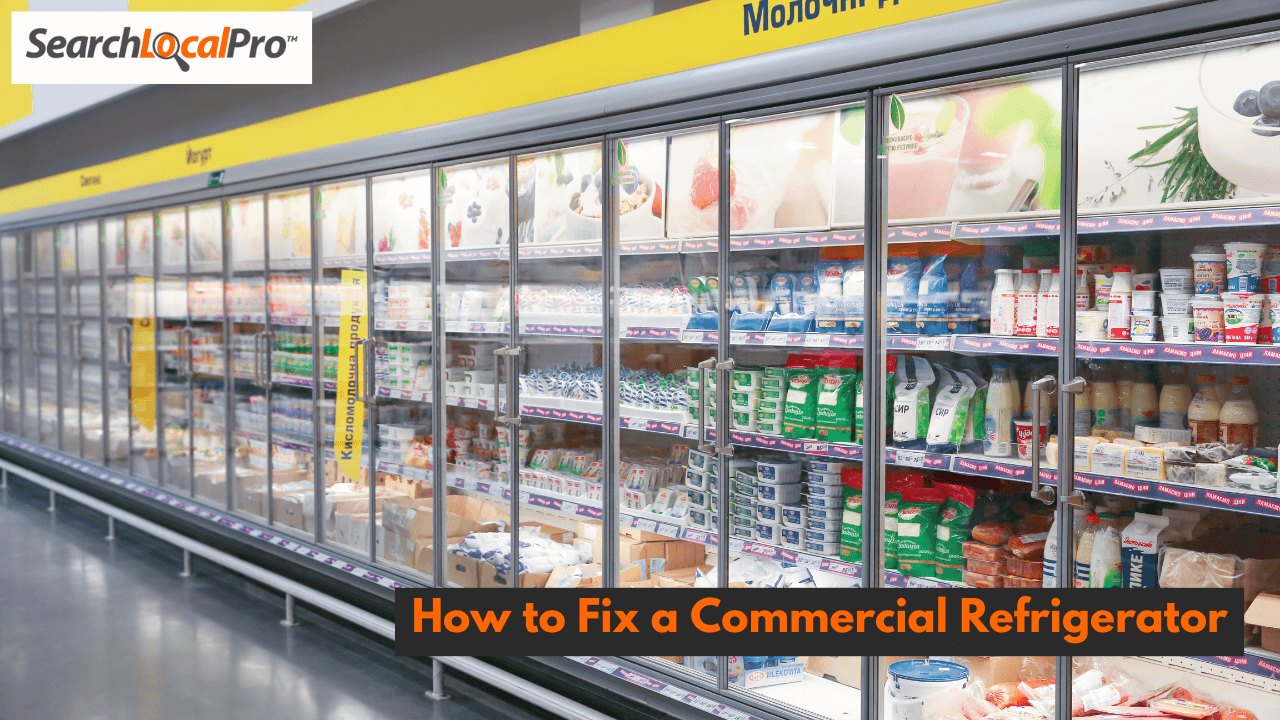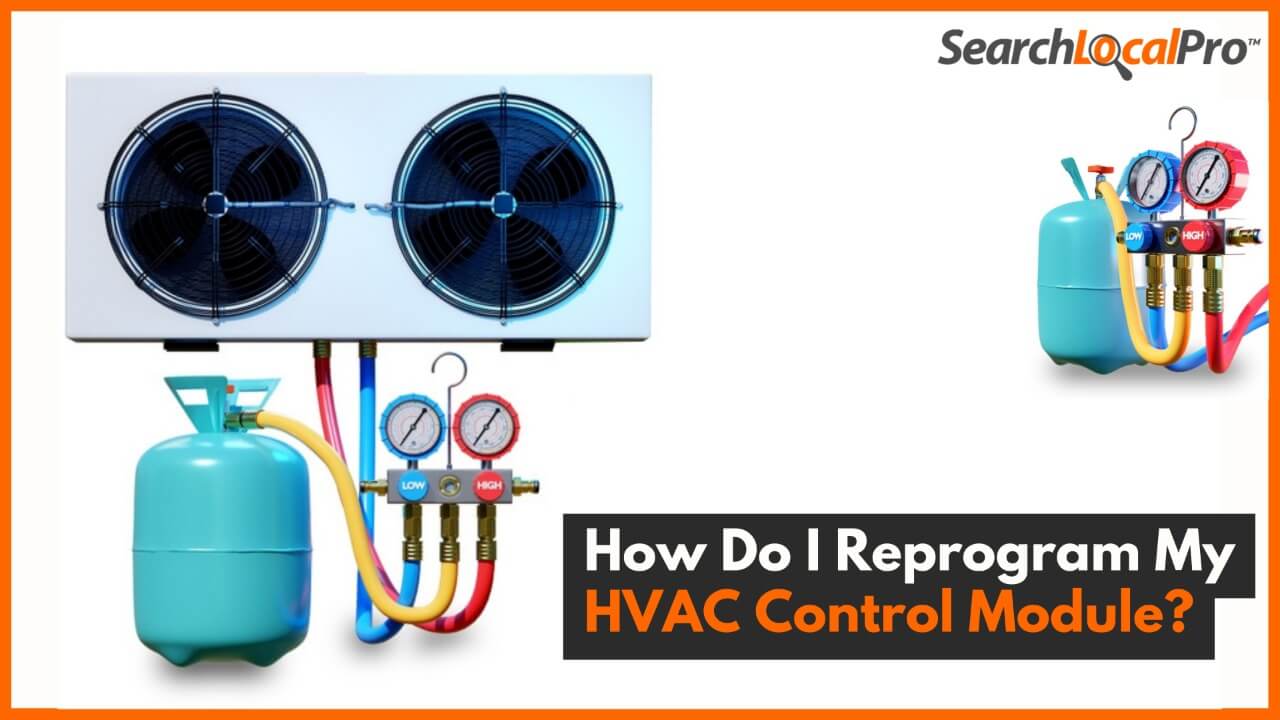Commercial refrigerators are essential for foodservice businesses, ensuring perishable goods stay fresh. However, these systems can malfunction over time, potentially leading to costly losses if not addressed quickly. In this guide, we’ll explore how to fix a commercial refrigerator, and its problems, along with preventive tips to keep your system running efficiently.
Recognizing the Signs of a Malfunctioning Commercial Refrigeration
Being aware of early signs of malfunction can save time and money. Look for these common indicators:
Inconsistent Temperature Readings
If you notice fluctuating temperatures, it could signal a thermostat issue or improper airflow. These irregularities can affect food safety and spoilage rates.
Unusual Noises
Rattling, humming, or clunking sounds often point to a mechanical problem, such as a faulty fan or compressor. Address these noises early to avoid system failures.
Pooling Water or Leaks
Water leaks may be due to clogged drainage, cracked hoses, or improper defrosting. Identifying the source of the water helps prevent damage to your floors and equipment.
Fridge Constantly Running
A refrigerator that runs nonstop may have issues with the thermostat, door seal, or condenser coils, leading to excessive energy consumption and higher utility bills.
Visible Frost Buildup
Frost in the refrigeration unit may indicate poor airflow, frequent door openings, or faulty door seals. Regular defrosting and proper maintenance can mitigate this problem.
How to Fix a Commercial Refrigerator?
Understanding and addressing these common commercial refrigeration problems will keep your system working efficiently.
Power Issues
If the fridge isn’t powering up, first check the power supply. Ensure that the plug is securely connected and the outlet is functioning. If the issue persists, the internal wiring or circuit breaker may need attention.
Fix: Check the power cord, reset the circuit breaker, or consult an electrician for internal wiring problems.
Thermostat Issues
A faulty thermostat can lead to temperature fluctuations. If adjusting the thermostat doesn’t fix the issue, it may need to be replaced.
Fix: Replace the thermostat if it’s defective, and ensure it’s properly calibrated.
Fridge Is Overloaded
Overloading the fridge reduces airflow, causing temperature inconsistency and increased compressor wear.
Fix: Reduce the load and ensure proper ventilation within the unit.
Blocked Condenser Coils
Dust and debris on condenser coils force the system to work harder to cool, leading to overheating and possible failure.
Fix: Clean the coils regularly with a coil brush or vacuum to maintain efficiency.
Frost or Ice Buildup
Excessive frost often results from blocked air vents or damaged door seals, leading to poor airflow.
Fix: Defrost the unit and inspect the vents and seals for damage.
Door Seal Problems
Worn or damaged door seals allow warm air to enter, causing the refrigerator to overwork and frost to form.
Fix: Replace faulty seals to ensure the door closes tightly and maintains a consistent temperature.
Fan Problems
Fans that don’t run properly reduce airflow and cooling efficiency. If you hear strange noises or feel warm air, check the evaporator or condenser fans.
Fix: Clean or replace malfunctioning fans.
Refrigerant Leaks
A refrigerant leak causes the unit to lose its cooling ability. If your fridge isn’t cooling effectively and you detect frost in unusual areas, there might be a leak.
Fix: Contact a professional to repair the leak and recharge the system with refrigerant.
Compressor Concerns
The compressor is the heart of the refrigeration system. If it’s malfunctioning, the unit will struggle to cool.
Fix: Call a certified technician to diagnose and repair compressor issues.
Lighting Issues
Interior lighting failure can often be resolved by replacing burnt-out bulbs or checking the light switch for problems.
Fix: Replace the bulb or fix wiring issues with the help of a technician.
Get Commercial Refrigeration Services
Safety First – Always
When dealing with refrigeration repairs, prioritize safety. Disconnect power before working on electrical components, wear protective gear, and follow manufacturer guidelines. If in doubt, always consult a professional.
Preventive Measures and Routine Maintenance of a Commercial Refrigeration
Routine maintenance can prevent many of the problems mentioned above and extend the life of your refrigeration unit.
Regular Check-ups
Schedule regular inspections to check for wear and tear, test the system’s performance, and catch potential problems early.
Maintenance Schedule
Adhere to a maintenance schedule that includes cleaning, part inspections, and refrigerant level checks. A consistent routine keeps the system efficient and reduces downtime.
Cleaning Guidelines
Clean the condenser coils, door seals, and fans regularly to prevent dust and debris buildup, which can strain the system.
Professional Assistance
Annual servicing by a qualified technician ensures the system stays in top condition and small issues are resolved before they escalate.
Quality Parts
When replacing parts, always opt for high-quality, OEM-compatible components to ensure reliability and longevity.
How to Fix a Commercial Refrigerator FAQs
My Commercial Refrigerator Is Not Cooling
Check for power issues, thermostat malfunctions, or refrigerant leaks. Ensure the condenser coils and fans are functioning correctly.
My Commercial Refrigerator Is Over Cooling
A faulty thermostat or blocked air vents could cause excessive cooling. Ensure proper airflow and recalibrate or replace the thermostat.
How Long Does a Commercial Freezer Last?
With proper maintenance, a commercial freezer can last 10 to 20 years, depending on the brand, usage, and care.
How Much Power Does a Commercial Refrigerator Use?
The power usage depends on the model and size, but on average, a commercial refrigerator uses between 1000 and 2000 watts.
By identifying and addressing these common commercial refrigeration issues, you can prevent system failures, reduce costs, and ensure your refrigeration units function optimally. Always prioritize safety and seek professional help when needed to ensure long-term performance.




